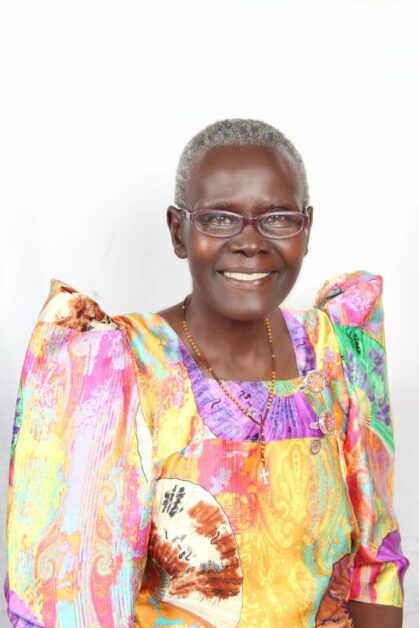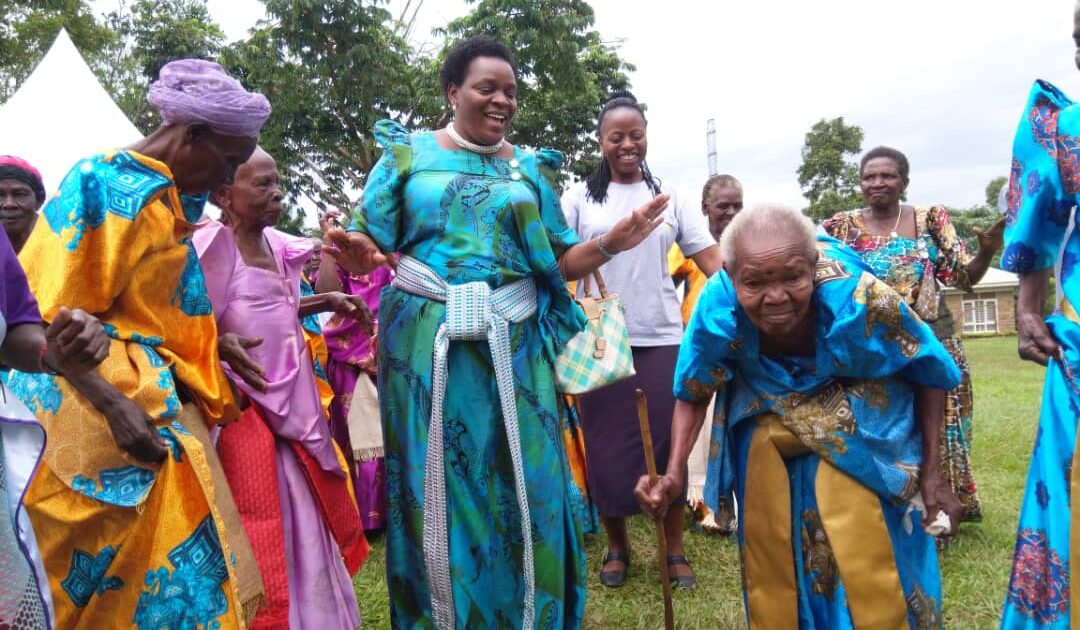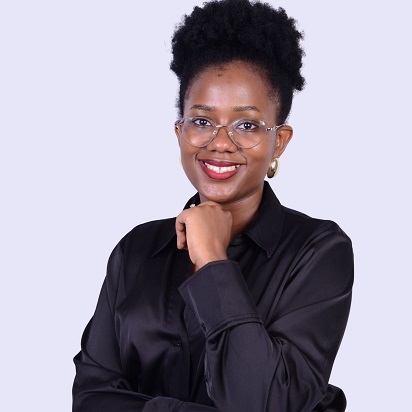By Bakazimbaga Muhindo Anne
Older persons contribute to the wellbeing of society in many ways as custodians of cultural values and path finders for the younger generations. Yet, today’s older persons find themselves in a social space characterized by contradictions. Whereas there is a stronger recognition of their rights and wellbeing in international and national policy instruments, there is at the same time an erosion of the values and norms that made people hold them in high esteem.

Due to break down in social cohesion and traditional family systems, many older persons are no longer taken care of by their offspring or other relatives. Our Constitution stipulates that the state shall make reasonable provision for the welfare and maintenance of the aged. Article 32 provides for affirmative action in favor of groups marginalized on the basis of age, among other conditions and chapter 4 of the same Constitution guarantees the rights of every Ugandan to the basics of life and dignity.
Our data shows however, that 64% of Uganda’s older persons live below the poverty line. 62% have some form of disability and many struggle with chronic illnesses and treatable medical conditions. Nearly 70% have no formal education. The 85% surviving on crop farming are also affected by seasonal shocks and high labour costs. These vulnerabilities coupled with old age stigmatization aggravate not only the exclusion of older persons from opportunities and services, but also deprive them of decent living.
I am happy for the opportunity to give voice to the concerns of older persons as made possible by the allocation of seats in Parliament for older persons. The NRM Government has demonstrated a commitment to prioritizing the welfare of older persons through this seat and also through other interventions especially the Social Assistance Grant for Empowerment (SAGE). Only about 7% of Uganda’s labour force benefits from the NSSF or the public service pension scheme. The majority of Ugandans work in the informal sector and have to work way beyond their retirement age out of necessity to earn a living. Schemes such as SAGE are therefore very important in cushioning older persons without pension from old age poverty.
Allow me to highlight three underlying issues that compromise the effectiveness of programmes targeting older persons. First, as already highlighted about 70% of older persons in Uganda have no formal education. This poses difficulty for them to access services starting right at the level of filling forms and other documents required to access these services. It is therefore not surprising that many older persons have National IDs that misrepresent their age and are consequently technically ineligible for the SAGE. Second, public policy generally treats older persons as a homogenous group with very little regard for context. Age eligibility is an easy and generally more objectively verifiable criterion, but some older persons are much needier and more vulnerable than others. Considering multiple criteria in public programmes can better address the needs of older persons. Thirdly, there is a lack of adequate data to inform policy and programming. For example, we do not know how many older persons are dispossessed of their property although we often see media reports that suggest that this is major problem facing older persons especially women. Institutions which collect data for planning need to be supported to collect additional information specific to the challenges faced by older persons.
I seek the mandate to represent older persons from Western Region in Parliament so I can build on the existing foundation to;
- Advocate for better access to agricultural extension services for active older persons.
- Advocate for increased access to functional adult literacy programmes for older persons.
- Advocate for the reduction in the age of eligibility for the SAGE from 80 to at least 65.
- Work to ensure that concerned ministries adopt mechanisms of verification for pension and grant eligibility that do not put the burden of travel on the recipients.
- Support public officers responsible for the Elderly to work more effectively to respond to the unique needs of older persons.
- Advocate for a Health Insurance Scheme for older persons that shall include palliative care and psychosocial support.
- Support financing for training in geriatrics in our Medical Training Institutions.
- Advocate for periodic medical camps targeting older persons to be held at Parish level.
- Advocate for equity in public spending and service delivery so that poorer and needier older persons are given affirmative action.
- Champion the establishment of an emergency social welfare fund to ensure the elimination of food hunger among the poorest older persons who cannot afford regular meals regardless of age.
- Advocate for the mainstreaming of retirement planning as a mandatory engagement of employers with their employees so that workers are better prepared for retirement.
- Advocate for increased sensitization of older persons and the community at large about property rights and ensure enforcement of laws guaranteeing these rights.
- Advocate for more severe punishment for those who dispossess older persons of their property and those who commit any form of violence and abuse against the elderly.
Bakazimbaga Muhindo Anne is an Aspiring MP for Older Persons, Western Region (NRM)





